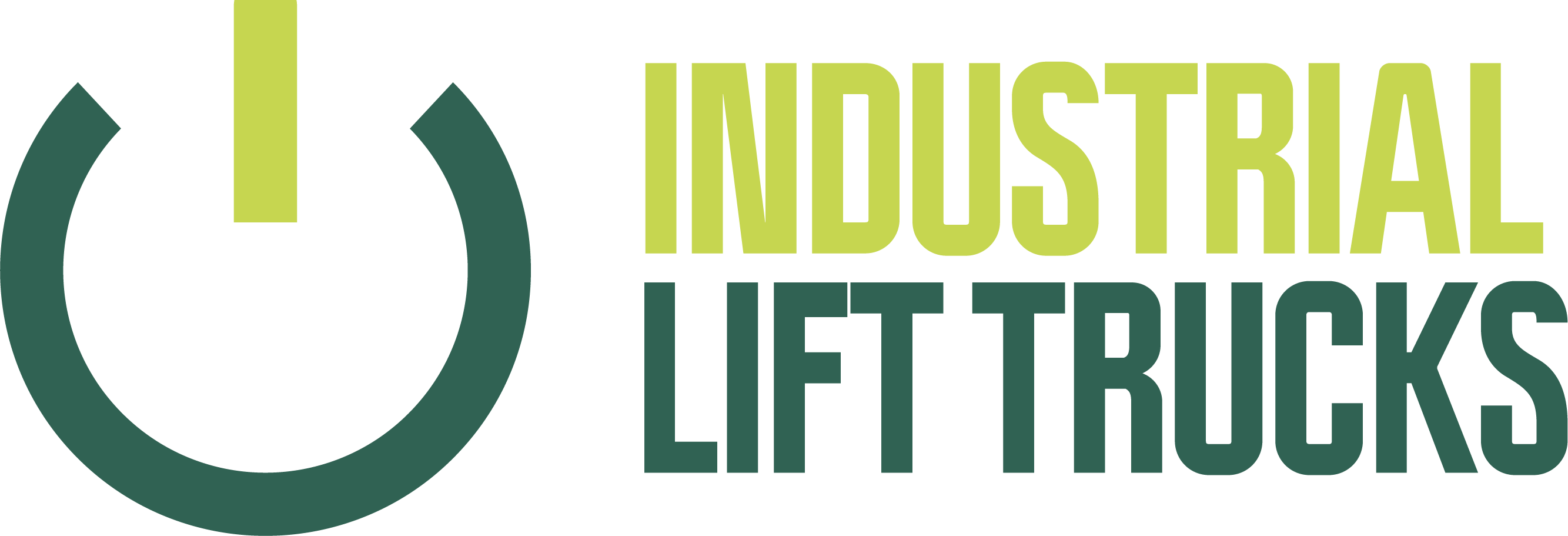Powering Tomorrow: Embracing the Future with Lithium Batteries
The pressing energy crisis and the global climate shift underscore the immediate need to transition to cleaner energy sources across all levels. Positioned as the future of energy storage, Lithium-ion battery technology promises sustainable transformations in how we store and consume energy.
Lithium-ion batteries have gained widespread acceptance in the electric vehicle production sphere. In the material handling market, the popularity of Li-Ion batteries surged, particularly in entry-level pallet trucks, following the introduction of EP Equipment’s EPT 12EZ in 2016. Subsequently, most entry-level pallet trucks are now manufactured with Li-Ion batteries, although there can be notable variations in the technology employed, resulting in diverse characteristics and safety standards.
While larger equipment with Li-Ion options has been available for several years, the high cost has limited its adoption primarily to heavy-duty, three-shift applications. EP Equipment’s studies suggest that with the advancement of new trucks, this cost barrier can be overcome, paving the way for the widespread integration of Li-Ion technology across all categories of material handling products in the near future
Why Switch To Lithium?
Save Money
EP lithium forklifts have a lower cost of ownership compared to traditional forklifts.
Longer Lifespan
Lithium-ion batteries exceed 3000 cycles, far surpassing the 500-1000 cycles of lead acid batteries, resulting in a markedly extended overall lifespan.
Fast Charging
Taking only a fraction of the time to fully charge compared to lead-acid batteries. Eradicate downtime and increase your efficiency, productivity, and profitability. Up to 70% charge in 1 hour
Eco Friendly
An eco-friendly energy solution that can help reduce your carbon footprint and move towards net zero emissions. Approximately 10 Ton of CO2 Saved Per truck every year.
Higher Efficiency
Lithium-ion batteries are highly efficient, with most boasting over 95% efficiency, ensuring that almost all stored energy can be utilized. In contrast, lead acid batteries typically exhibit lower efficiencies, ranging from 80 to 85%.
Opportunity Charging
Lithium batteries charge in 2-3 hours, compared to lead-acid batteries that require 8 hours. The high effective capacity of lithium batteries minimizes downtime in warehouse operations.
IS EVERY LITHIUM BATTERY THE SAME?
Lithium-ion batteries get their name from their active materials, and in the forklift industry, two important types are Lithium Iron Phosphate (LFP) and Lithium Nickel Manganese Cobalt Oxide (NMC). NMC is known for its high energy density and compact size, but it carries a risk of inflammation and explosion when punctured or overheated. Some manufacturers still use NMC in material handling, but leading companies like BYD, Linde, Still, EP Equipment, and others have shifted to different technologies.
LFP, the current choice of leading Li-Ion material handling manufacturers, including EP Equipment, offers excellent electrochemical performance with low resistance. It provides a high current rating, long cycle life, good thermal stability, and enhanced safety even under abuse. Opting for an LFP-powered machine, especially for larger equipment like electric ride-on pallet trucks or electric forklifts, ensures safety—LFP batteries do not catch fire or burn when punctured.
EP Equipment produces all its Li-Ion machines with LFP batteries to power its trucks. Li-phosphate is more tolerant to full charge conditions and is less stressed than other lithium-ion systems if kept at high voltage for a prolonged time.

